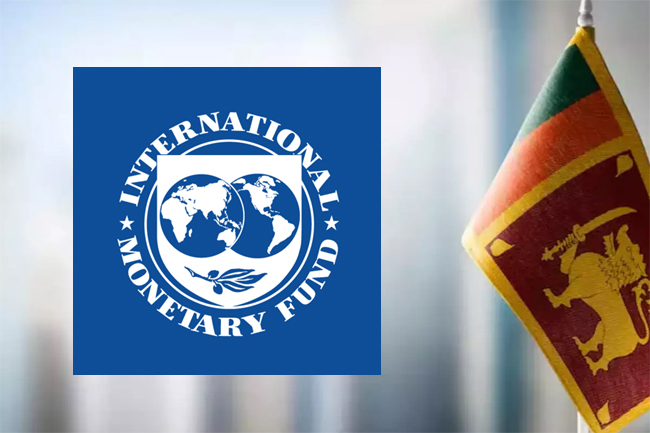By: Staff Writer
July 14, Colombo (LNW): As the public sector demands for higher pay, for which the government pointed out the need to improve the tax revenues, the International Monetary Fund (IMF) asserted the importance of Sri Lanka having an equitable tax system.
Addressing journalists, IMF Communications Director Julie Kozack said the government needs to have the resources, in order to pay its bills.
“That means ensuring that the taxes are paid by those who can most afford to pay them and that is a key priority in Sri Lanka.
Efforts in this direction include improving tax administration, limiting the size of tax exemptions, that have been granted in the past,” she said.
The IMF acknowledged the “difficult situation” faced by the Sri Lankan people, as the country pushes its reform process.
“The past few years have been very challenging for the people of Sri Lanka and the country does continue to face some very complex policy trade-offs. This is particularly the case when it comes to debt and the fiscal position. Both of those situations do remain in the challenging territory,” Kozack said.
She asserted that restoring fiscal and debt sustainability is essential not only for the Sri Lankan economy to emerge from its current crisis but also to prevent a recurrence of the severe economic conditions faced in 2022.
“They are also essential to lay the foundation for robust and sustainable growth and job creation,” Kozack added.
In this context Sri Lanka plans to tax 14 new previously untaxed sectors including large-scale private tuition classes and private medical services in a bid to increase direct taxation, State Minister of Finance Ranjith Siyambalapitiya said.
He told reporters that private schools and private engineering and surveyor services will also be taxed.
The Inland Revenue Department (IRD) has studied the income of persons engaged in the 14 sectors, said Siyambalapitiya.
“It was by paying attention to such sectors that we were able to increase state revenue from 8.3 percent of GDP to over 11 percent in a short time and bring revenue and expenditure to some balance.
“A primary surplus was possible because all of those sectors were thoroughly looked into and revenues collected. We must continue this,” he said.
It was for this reason that the IRD’s Revenue Administration Management Information System (RAMIS) was being deployed, the state minister said.
“Through that we can get data on not just income but the expenditure of such institutes also. Globally that’s how proper calculation of income and expenditure is calculated. We’re moving forward step by step,” he said.

